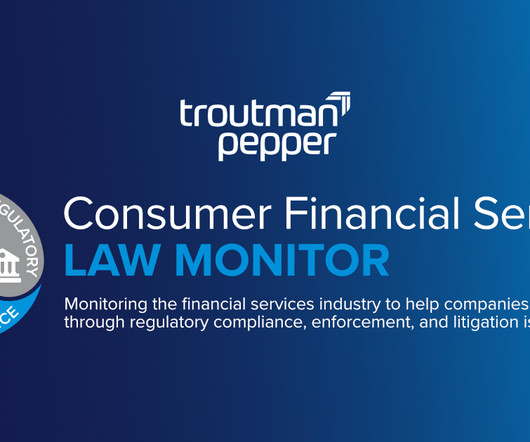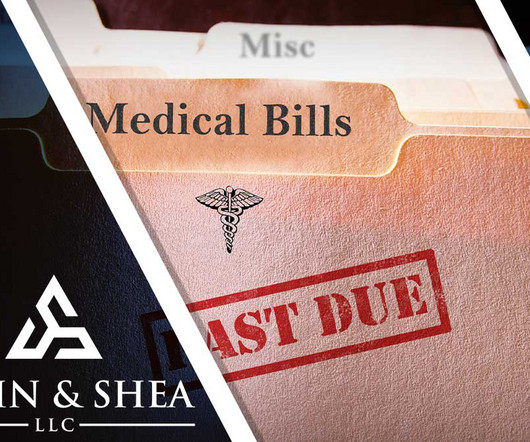Florida Bankruptcy Court Sanctions Debt Buyer for Seeking to Collect Debt that Consumer Failed to Schedule in Bankruptcy Case
Troutman Sanders
JANUARY 29, 2024
The debt purchaser in In re McIntosh argued that because it was enforcing a debt that was not listed correctly on the debtor’s bankruptcy schedules, it was entitled to assume the debt had not been discharged. As background, in 2002, the debtor and her then-spouse jointly filed a “no asset” Chapter 7 bankruptcy petition.























Let's personalize your content